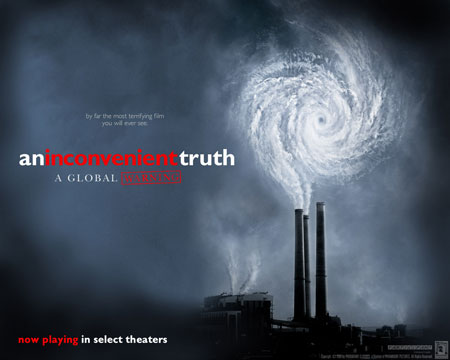Tomorrow the Gowers Review of Intellectual Property will report its findings, which should be of interest to everyone in the UK who cares about everything from DRM, the legal situation regarding copying your own music onto your iPod (strictly speaking, this is currently illegal) all the way to whether or not you think that work created today should move into the public domain at some point in the future or not. It’s an important review, and one well worth looking out for.
I’m on the advisory board of the Open Rights Group who are awaiting the review with considerable interest, particularlybut not exclusively—because many of the traditional rights of people in the UK to use, reuse, protect and even create works are under threat by shifts in technology and pressures to extend copyright terms. This review will be a significant indication of whether that particular tide is likely to turn.
In particular, one thing that ORG cares a lot about is the proposed extension of copyright on sound recordings. People in favour of copyright extension argue that it’s necessary to give artists income into their pensionable years, but for the most part artists very rarely make any money at all from recordings that record companies refuse to distribute. The people who make money from such moves are the record companies themselves and a tiny proportion of recording artists, the rest of whom find that they cannot even get their music out into the world because it’s not financially viable for the record companies.
More importantly, these moves are part of a larger trend from copyright holders to keep extending copyright to be in effect a right that should extend in perpetuity. Since a few years ago when it looked like Mickey Mouse might be about to move into the public domain, well funded interest groups in the US have fought to extend copyright terms to keep these few immensely valuable properties in the hands of multi-nationals. In the meantime, these moves have kept immense repositories of literature and art and creative work that had fallen out of circulation from ever seeing the light of day. This affects everyone from libraries and historians through to the wider culture, who may never have access to vast archives of interesting and useful creative material the way that they do have access to Shakespeare or Beethoven.
A couple of years ago I attended an event called Content 2.0 in which Tony Wilson was interviewing someone significant at the BPI. I forget his name, I’m afraid. I asked one question of him. It went as follows:
I see from your suing of file-sharers that you are an honourable man who believes that theft is wrong. Can I take this to mean that you will fight against copyright extension, which amounts to an attempt by the companies that you represent to steal from every man, woman and child in this country?
The answer I received was, let’s just say, not particularly helpful. Amid spurious assertions about the UK’s need to compete with the US and statements about artist’s right to get recompense, one thing gradually became clear, which became even clearer when Tony Wilson stated out loud that he absolutely did not see why created material should ever move into the public domain, and that work created by Thomas Hardy should always remain exploitable by Hardy’s descendants.
Whether or not you believe that should be the case, this is not an argument that you hear much from the copyright extension lobby, but it is the heart of their enterpriseeven when it’s worth wondering how often the rights to these works reside with the heirs at all, or how many labours of love created by individuals must lay forgotten and unappreciated in order to protect the tiny proportion that might still make money a hundred years on.
It’s for these reasons that I’d like to encourage everyone who reads this site to look at the recommendations of the Gower Review carefully and to be aware of the weight of issues that it might have an impact upon. Andif I can be more forward stillI’d like to ask you to consider signing the petitions on Release the music and on the Downing Street Petition Site and help to make a statement that copyright extension should not be a default position, that it is not obvious, and that we are prepared to resist the incursion of corporate interest over what belongs to each and everyone of us and to our culture as a whole.


